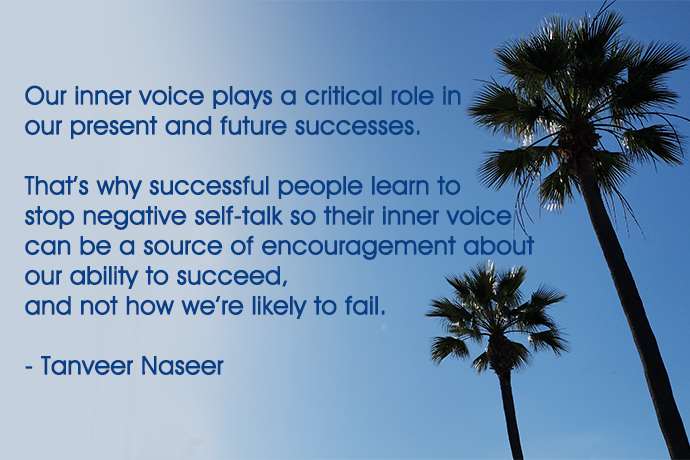I’ve spoken with many highly successful people over the course of career and there’s one interesting characteristic I’ve noticed they all share in common.
Each of them exudes this quiet confidence about themselves and their abilities.
And to repeat, not just confidence, but quiet confidence, meaning they don’t try to be the smartest person in the room or the one who gets all the attention. And yet, when they speak, you can sense this sense of assuredness and inner peace about who they are and what they can do.
Naturally, most of us would love to be like these successful people – not just because of the level of success they’ve achieved, but because of that quiet confidence they exemplify.
So what’s their secret? How did they achieve this quiet confidence? Is it because of their success? Or could it be their sense of confidence gave rise to their success?
Well, recently, I delivered a morning keynote followed by an afternoon workshop to almost 1,000 leaders from a healthcare provider in the US and I realized that one of the exercises I shared with these leaders reveals how anyone can develop their own sense of quiet confidence.
It comes down to transforming that inner voice in our mind from that noisy, negative self-talk, to one that encourages and challenges us to fulfill our true potential.
As this idea wasn’t part of the leadership workshop I gave, I decided to develop into something to share in this latest episode of my Leadership Espresso Shot series.
More specifically, in this episode, I share four simple steps you can put into practice right now that will help you stop negative self-talk and replace that inner voice with one that these successful leaders have – an inner voice that believes in your ability to succeed and thrive in fulfilling the purpose of why you do what you do.
It’s a ten minute journey of self-exploration and discovery that I know you’ll derive a lot of benefit from.


I can really relate to Tanveer Naseer’s blog post on quitting self-defeating thoughts. I remember a period of time when I severely scolded myself and doubted my talents all the time. My performance and confidence suffered as a result. But I discovered how to recognize these unfavorable ideas and counter them with encouraging statements. This change in my inner monologue changed the way I tackled problems and eventually brought me more success.